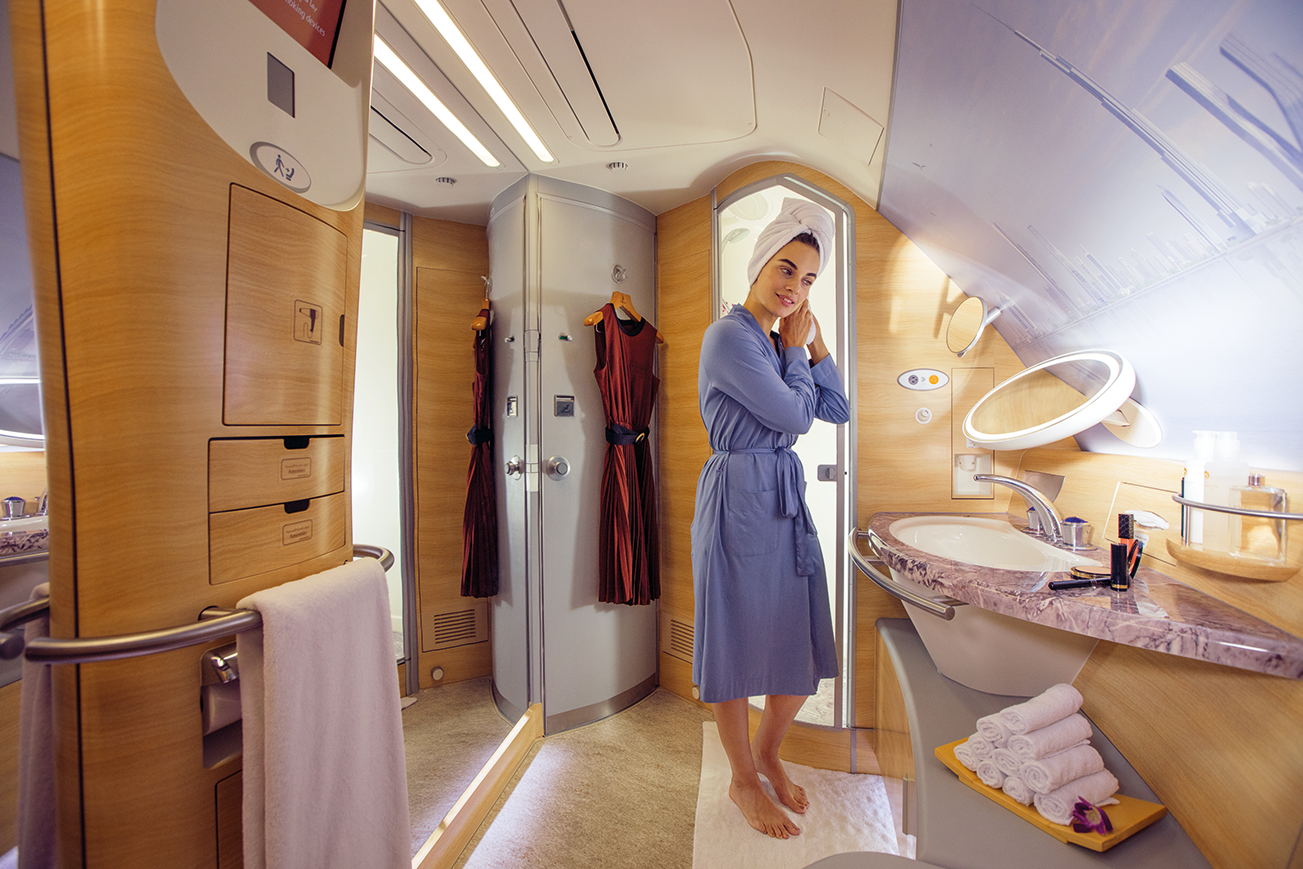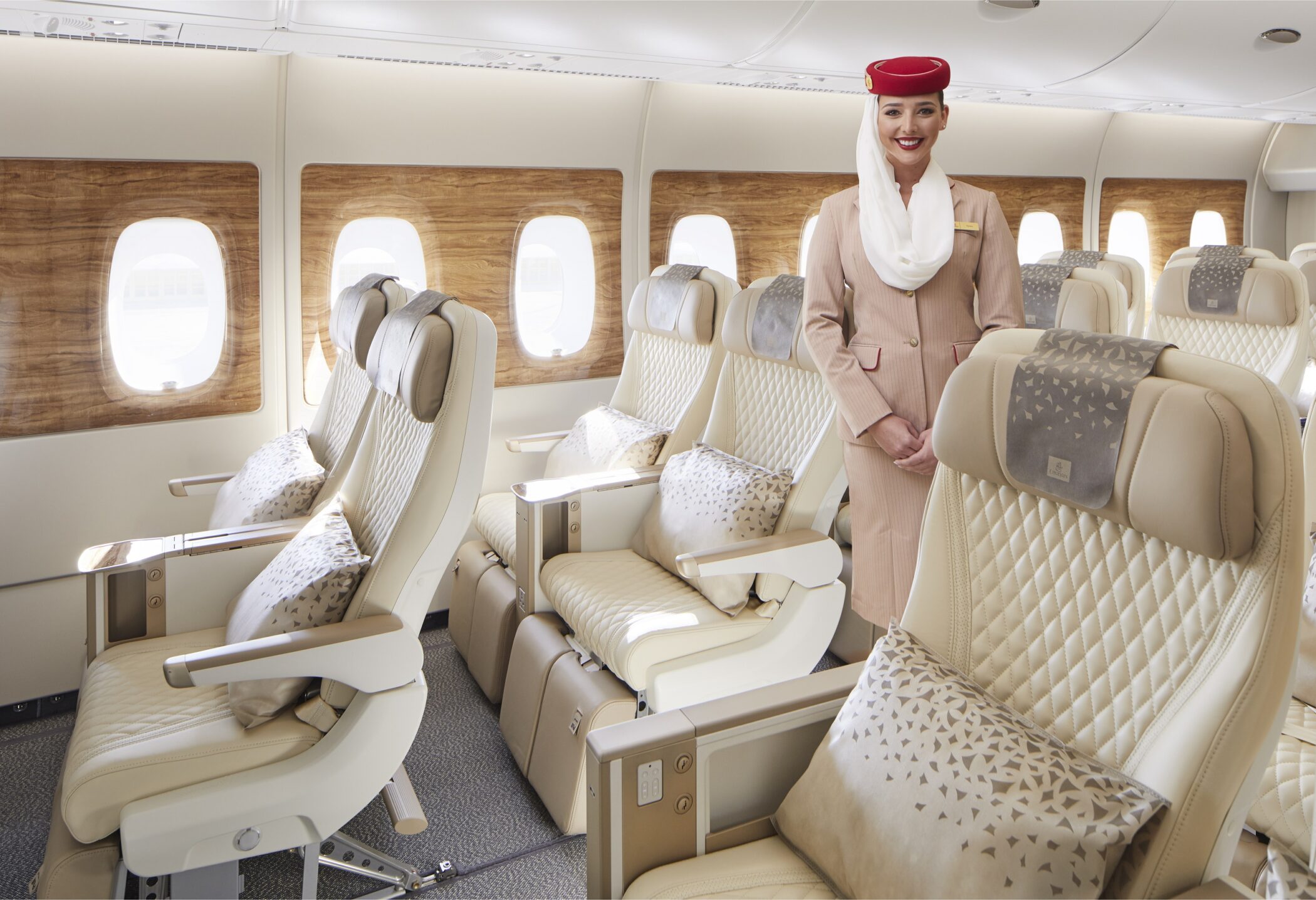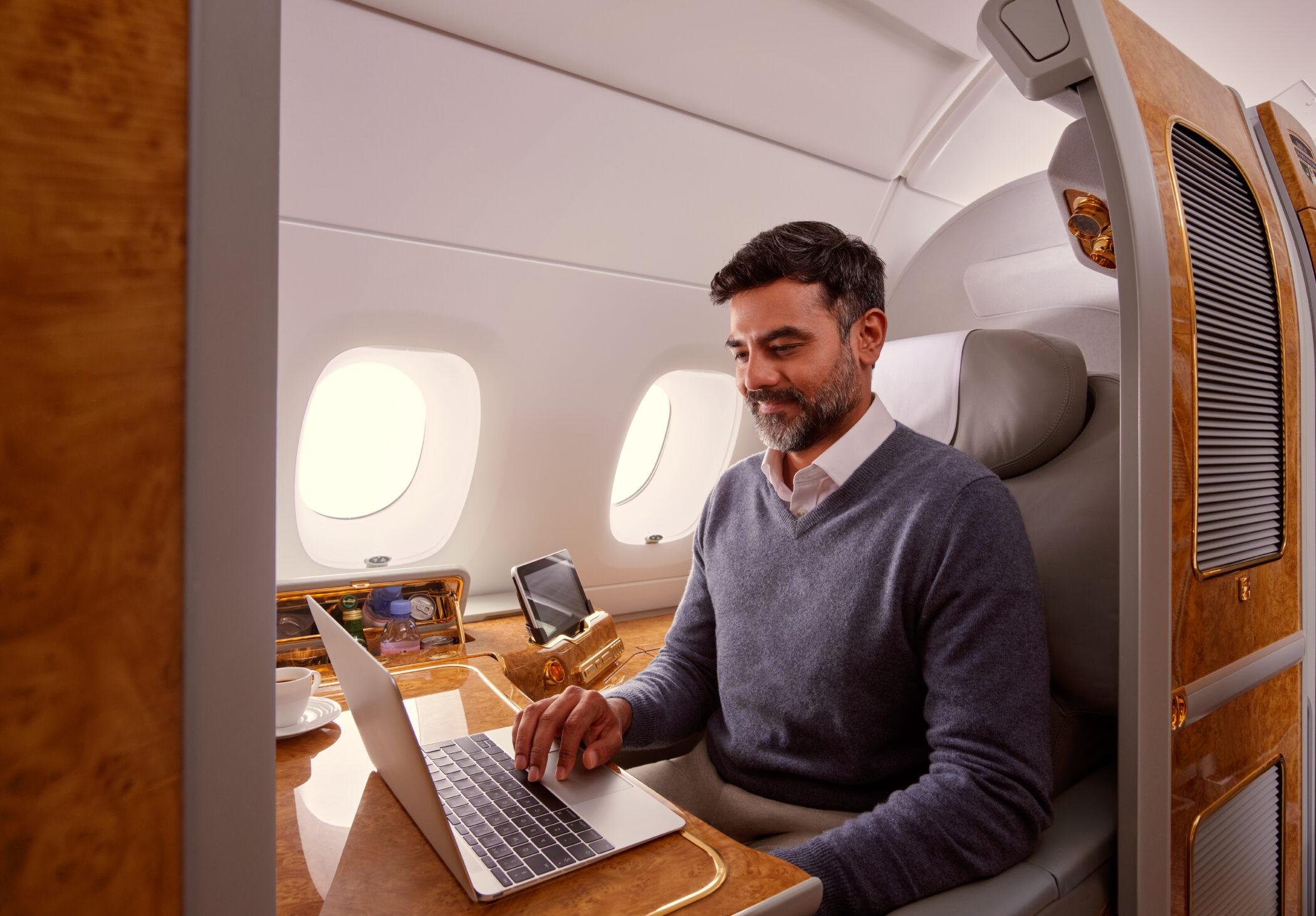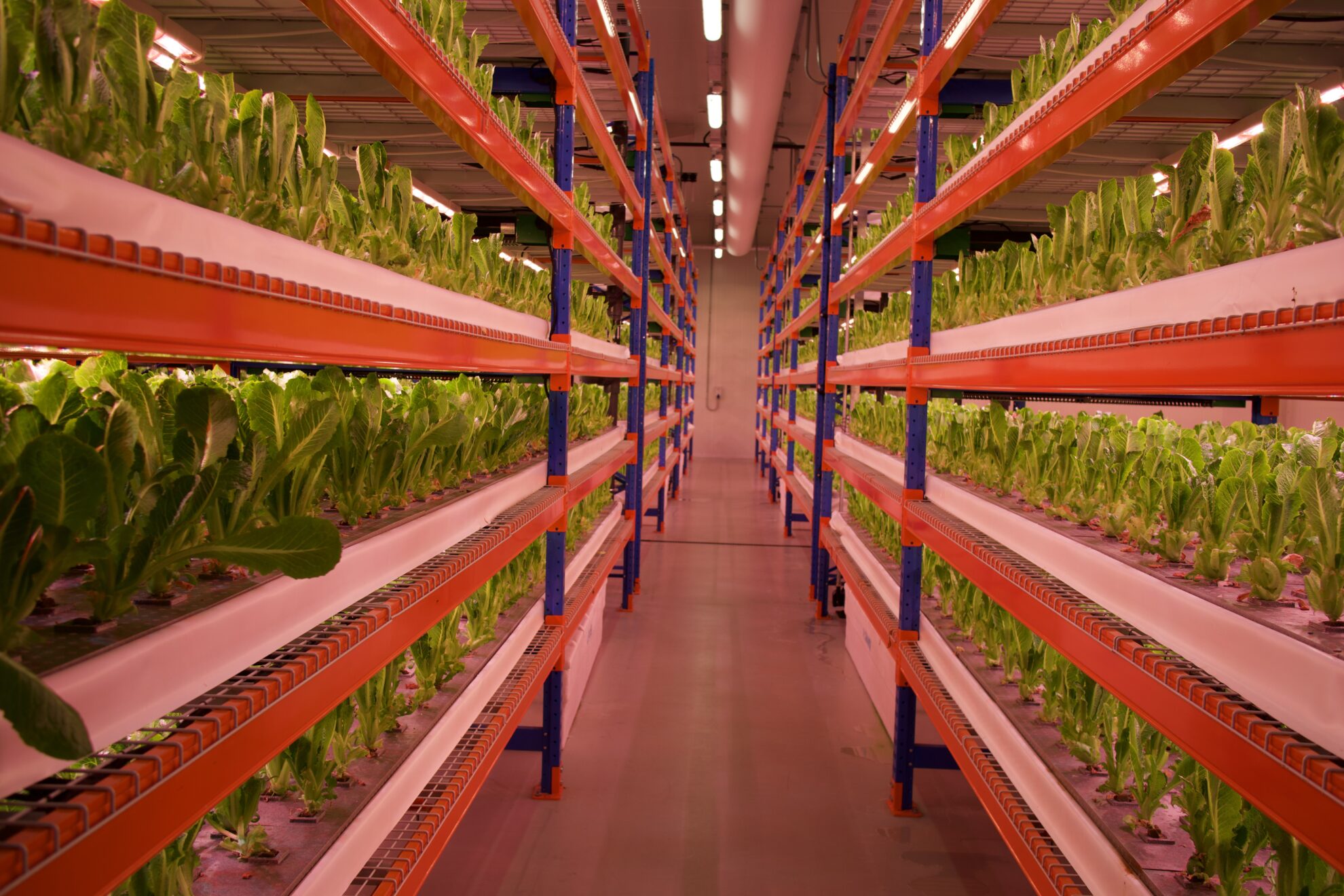From a US$2 billion roll-out of premium economy to the delivery of cutting-edge aircraft, Globetrender speaks to Emirates divisional vice-president UK, Richard Jewsbury, about what’s coming next for the Dubai-based airline.
How has Emirates recovered since the pandemic?
“We have had a rapid recovery – we are at more than 90 per cent of the seat capacity we had before the Covid crisis. From an overall network perspective, we’re back to about 150 destinations globally. The next new route will be Dubai-Montreal from July. We’ve got all the B777s flying and, by the end of the summer, we will have 80 A380s operating across about 50 destinations globally.”
How about from a UK perspective?
“The UK’s running well and we’re seeing really high levels of sustained demand. We’ve got seven UK gateways operating: London Gatwick, Heathrow and Stansted, as well as Birmingham, Manchester, Newcastle and Glasgow. Across those gateways we’ve got 18 flights a day departing with 9,200 seats. We had an A380 superjumbo upgrade on Glasgow at the end of March and on the May 1 we put the second Stansted flight back in. On July 1, we’re upgrading one of the two Birmingham flights to an A380.”
During the pandemic many airlines started retiring their double-decker A380s, which are the biggest aircraft in the sky (the densest configuration with Emirates is 650 seats), as experts didn’t think there would be great enough volumes of air passengers to fill the planes in the future. What do you say to that now?
“That kind of made me laugh at the time. At the end of the day, we’ve got a growing global population. We’ve got the emerging middle classes in Asia and the Far East and travel’s part of people’s DNA. We all need to travel. We want to travel, whether it’s for leisure or business. So from our perspective and certainly my perspective, we always knew the A380 would be a cornerstone of the fleet. At the end of the day, there’s not very many new airports being built globally or very many new runways added, certainly, in the West [so if you can’t fly more planes you have to fly bigger ones].
“We never lost faith in the A380. The customers love the product. We operate 11 flights a day to London at the moment and nine of those are A380s. We have six A380 services into Heathrow and Heathrow’s not going to get it third runway anytime soon. So we need the big aircraft and they operate full. They’re a very important part of our fleet and they’ll be operating within Emirates for many years to come.” (Here’s a photo of the first class shower suites onboard the A380.)
Tell us about your new premium economy product.
“We are spending US$2 billion on upgrading the interiors of 120 aircraft over a period of about two years. And that will include the installation of our new premium economy product. It’s distinct from economy class in a variety of ways – as you’d expect to get a bigger seat, more legroom and more width. It’s a lovely, comfortable seat with enhanced service as well.
“At the moment from the UK premium economy is available on three of our flights from Heathrow to Dubai. The initial roll-out is focusing on longer routes such as Dubai to Melbourne, Sydney, Christchurch and Auckland, where people really value the extra comfort and space. It’s also being progressively rolled out from Europe to Dubai and North America into Dubai.”

Apart from the new premium economy cabin, how is the Emirates passenger experience evolving?
“We’ve created a whole new vegan menu and for those in first class, we’ve got a new champagne and caviar product with an exclusive Dom Perignon champagne from 2008.
“Onboard service is an essential part of our product and our brand so we’re investing in crew training and trying to move it away from being just ‘service’ to really being ‘hospitality’.
“By the time that the A350s turn up, we will have the latest, greatest wifi on board, and the latest, greatest in-flight entertainment.
“In terms of airport biometrics, we’ve just announced we’re going paperless boarding in Dubai. We want to use biometrics and automation to try and make the customer journey as as easy and smooth as possible. Emirates is always trying to push ahead – they’re not shy of making the investment.”

How long do you think the existing A380 have left to fly before they are retired?
“Airbus have stopped producing the A380 so sadly we can’t order any more – we would have liked to and we would have liked to see an even bigger A380 as well. We’ll still be seeing them flying in 2035 and in all likelihood through to the early 2040s.”
Tell us about some of the sustainability initiatives Emirates is working on.
“We recently did a demonstration flight with one of our B777 aircraft where we operated it with one engine fully running on SAF [sustainable aviation fuel]. In fact we’ve just created a US$200 million, research and development fund to dedicated to looking at how to minimise the environmental impact of our operations and jet fuel.
“We also ‘dry wash’ our aircraft, which saves about 11 million litres of water a year. We have launched a joint venture with a company called Bustanica to create a vertical farm that is bringing leafy greens straight on board the aircraft in Dubai. It grows those greens with 95% less water [than traditional agricultural methods]. We recycle about 500,000kg of glass and plastic every year, and the blankets we use on board are made from recycled plastic.”
What are your plans for growth as an airline over the next few years?
“At the moment the, the focus is very much on getting the existing fleet back in service and getting the retrofit programme and the premium economy programme completed. Future fleet growth will come through orders of A350 aircraft, which will start arriving next summer. Not long after that we will receive new B777-X planes that will replace the older B777s we currently have. That will turbocharge growth as we move forward.
“The expectation is that by the mid 2030s, we’ll have a fleet of about 300 aircraft, up from about 250 today. The smaller A350s will be useful for opening up new routes and giving us the ability to expand into secondary markets that we couldn’t economically serve at the moment.”
